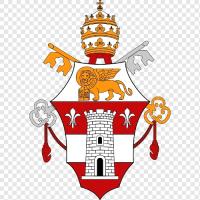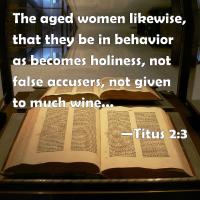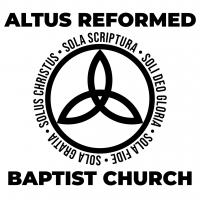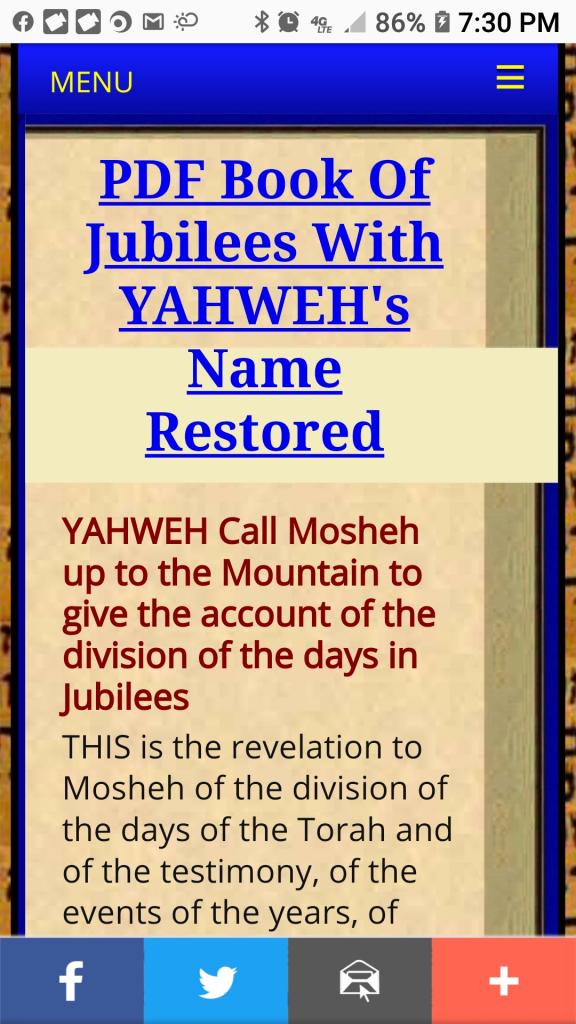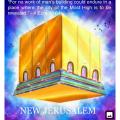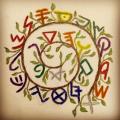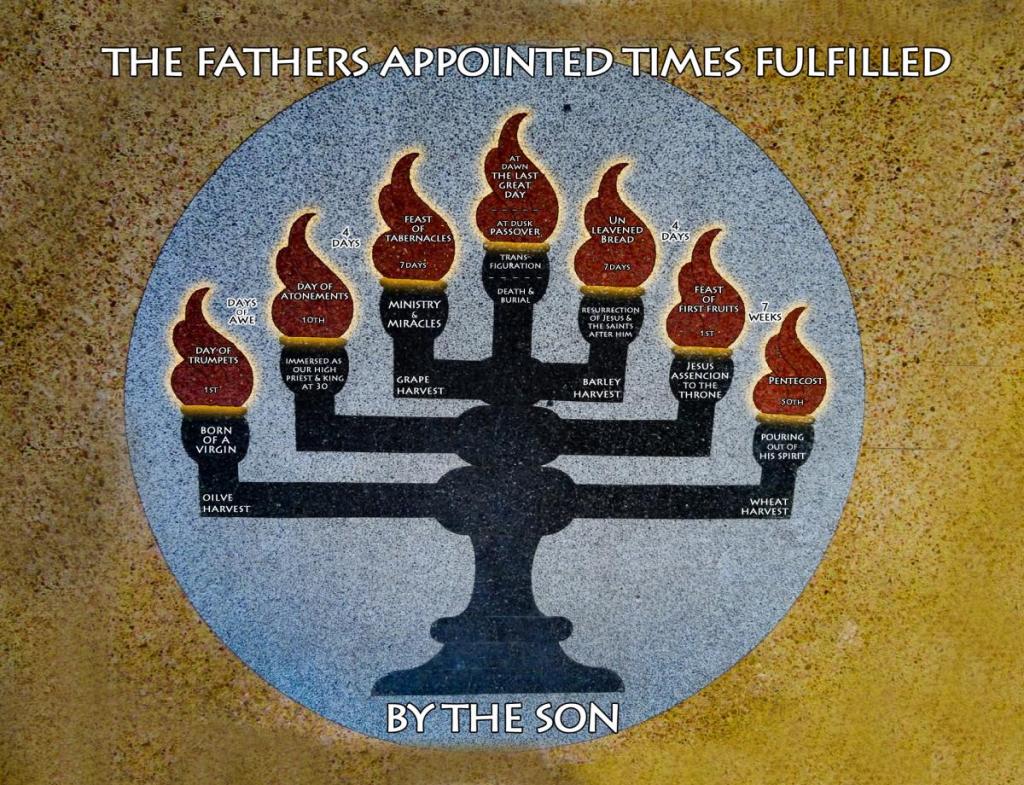MZTV 150: Why Christ Could Return in 2027
Do you think that the year 2028 sounds nice and close for the return of Christ to Israel and the setting up of the kingdom? Then how about 2027?
MP3:
http://martinzender.com/MZTV/MZTV150_Why_Christ_Co
Tovia Singer has made justifiable criticism of Paul's distortion of the Torah, particularly when it comes to Deuteronomy 25:4, which is clearly intended to convey what sort of treatment beasts of burd... View MoreTovia Singer has made justifiable criticism of Paul's distortion of the Torah, particularly when it comes to Deuteronomy 25:4, which is clearly intended to convey what sort of treatment beasts of burden are entitled to.
https://www.youtube.com/watch?v=g0J2ZJTzuro
However, Singer's claim that Paul could not have been a Pharisee is subject to debate, especially as he could at least have been someone strongly linked with this faction - working undercover for Rome and Caiaphas after a faked conversion. Therefore, we cannot make such a determination purely based on what Paul taught after such a dubious conversion. It does seem, however, that Paul was not very fluent in Hebrew, because it seems he relied mostly on Septuagint when making his doctrinal claims - and this would raise doubts whether he was actually trained by Gamaliel, as he claims.
If we see how Paul has given ammunition for all types of Jews, even Pharisaical Jews, to reject 'Christianity' - which is for the typical Jew so intricately connected to belief in Yeshua that many Jews cannot even imagine that any Jew can remain a Jew while believing in the "Christian Saviour" - then you can begin to understand why Paul taught the things he did. We can only suppose that his distortion of the Torah was meant to confuse Gentiles while discrediting belief in any religious system associated with Yeshua in the eyes of all types of Jews. In light of Paul's role in alienating many from true belief in the one who upheld the Torah in its entirety (Matthew 5:17-19), we cannot rule out the possibility that Paul was a Roman agent and Herodian spy.
If Paul lied about having been a Pharisee, in my opinion, it was probably because he was sent by either the Sanhedrin or other Herodian quislings of Rome to infiltrate the community of believers and corrupt their doctrines on purpose (Read the Clementine work called "Ascents of James", which mentions a figure named Saulus who is sent by Caiaphus to Damascus to pursue believers there after stabbing and killing those at the temple waiting to be baptised by Ya'akov, the brother of Yeshua after many months of learning beforehand).
Christianity was obviously a syncretic religion meant to promulgate a syncretic deity composed of a mystified and disembodied 'Jesus' with Serapis, who is the one that was called 'Christos' by priests at Serapeums across the Hellenised world. The obstacles to such a syncretism would obviously include the following: 1) the actual historical facts pertaining to Yeshua's ministry such as his dealings and teachings which would resist the gnostic teachings of Paul; 2) allowing the Gentiles to gain an appreciation for the Torah and how it serves mankind by promoting sbalom (notice how Paul negatively characterises both "the Jews" and the Torah of Moshe, even by conflating (or creating much ambiguity about whether he is referring to) Oral Torah with the written Torah of Moshe, so he could undermine Yeshua's emphatic teaching that he didn't come to abolish the written law of Moshe); and 3) the witness of the 12 apostles, which was undermined by Paul's public dressing down of Shimeon at Antioch and Paul's diminishing the importance of Ya'akov, Yochanan and Shimeon, by saying the were only "supposed" as "pillars" (probably a sarcastic reference to the Transfiguration, when the same symbols of fire and pillar of cloud came of rest upon them).
Supposing that Paul was actually the imposter he was accused of being, it is rather obvious that he created a false dichotomy between his 'Way' and the teachings of "the Jews"; and by doing this, Paul could prevent people from coming to faith in Yeshua Mashiyach.
Notice that when Paul went to Jerusalem, there were already accusations being made against him. The apostles apparently reprove Paul by saying "YOU SEE brother, how many thousands there are among the Jews of those who have believed, and they are all zealous for the Law [of Moshe]" - and these were under the oversight of Ya'akov, the brother of Yeshua. Ya'akov orders Paul to perform a Nazirite vow to show penitence for having taught the Jews to abandon the laws of Moshe. Apparently Paul even caused Trophimus to desecrate the temple by teaching a doctrine contradicting what Yeshua taught: that the Father actually indeed lives in houses made of human hands (see analysis here: https://www.jesuswordsonly[REPLACETHISDOT]com/recommendedreading/65-trophimus.html).
.
When Paul wishes to justify eating of food sacrificed to idols, he uses a line of reasoning that could actually be used to justify all idolatry: that there is no such thing as an idol in the world (1 Cor. 8:4-6). Thus Paul comes up with novel laws while basing his teachings on the same commonly acknowledged"fact" that there is only one true Almighty One. The Ephesians are apparently commended by Yeshua for rejecting Paul and other false apostles (Rev 2).
Apparently, Yehudah ('Jude'), Ya'akov, and Yeshua were all wary of such infiltrators. Yeshua said his disciples should beware the "leaven of the Pharisees and of Herod" (Mark 8). (Well, surprise, surprise: Paul "admits" he is a Pharisee and a kinsman Herodian.) When the disciples of Yeshua are puzzled what Yeshua meant when he said such a thing, Yeshua "explains" by asking how many basketFULS were left when he performed two separate miracles multiplying bread: and the answers are 7 (which represents perfection or completion) and 12. Apparently the baskets are meant to represent the disciples themselves as purveyors of the life-giving message of the kingdom preached by Yeshua, which is represented by the bread (and Yeshua himself claimed to be the Bread and was born in Bethlehem (which means "house of bread")). "Supernaturally", the life-giving message is multiplied the more people assimilate it: thus the mouth that consumes becomes the mouth that preaches the message of the kingdom. Was Yeshua giving a coded message through the miracle that the enemy would corrupt or spoil (leaven represents corruption and spoilage) the life-giving message by adding their own purveyors to the 12 selected by Yeshua?
Of course one shouldn't expect a Pharisee working as a double agent to act exactly like a Pharisee, especially if he wishes to carry out the mission of helping to syncretise belief in 'Jesus' with 'Christos' as Rome probably wished him to do for reasons of political expedience. Yehudah advises his readers to beware of those who have "crept in" while quoting heavily from Enoch. And by Paul's own admission (2 Cor. 3), Ya'akov apparently refused to write Paul the letters of commendation that would certify Paul as a trusted evangelist of the kingdom message preached by Yeshua.
The facts of history doesn't support Tovia Singer's claim that the believers in Yeshua were not a concern for the collaborators of Rome and Herodians. It was the killing of Ya'akov by the priests that provoked the popular uprising, which in turn caused Rome to place Jerusalem under siege and ultimately destroy the Temple in 70 CE.
YouTube
Enjoy the videos and music you love, upload original content, and share it all with friends, family, and the world on YouTube.
page=2&callback_module_id=groups&callback_item_id=1203&year=&month=
Load More




